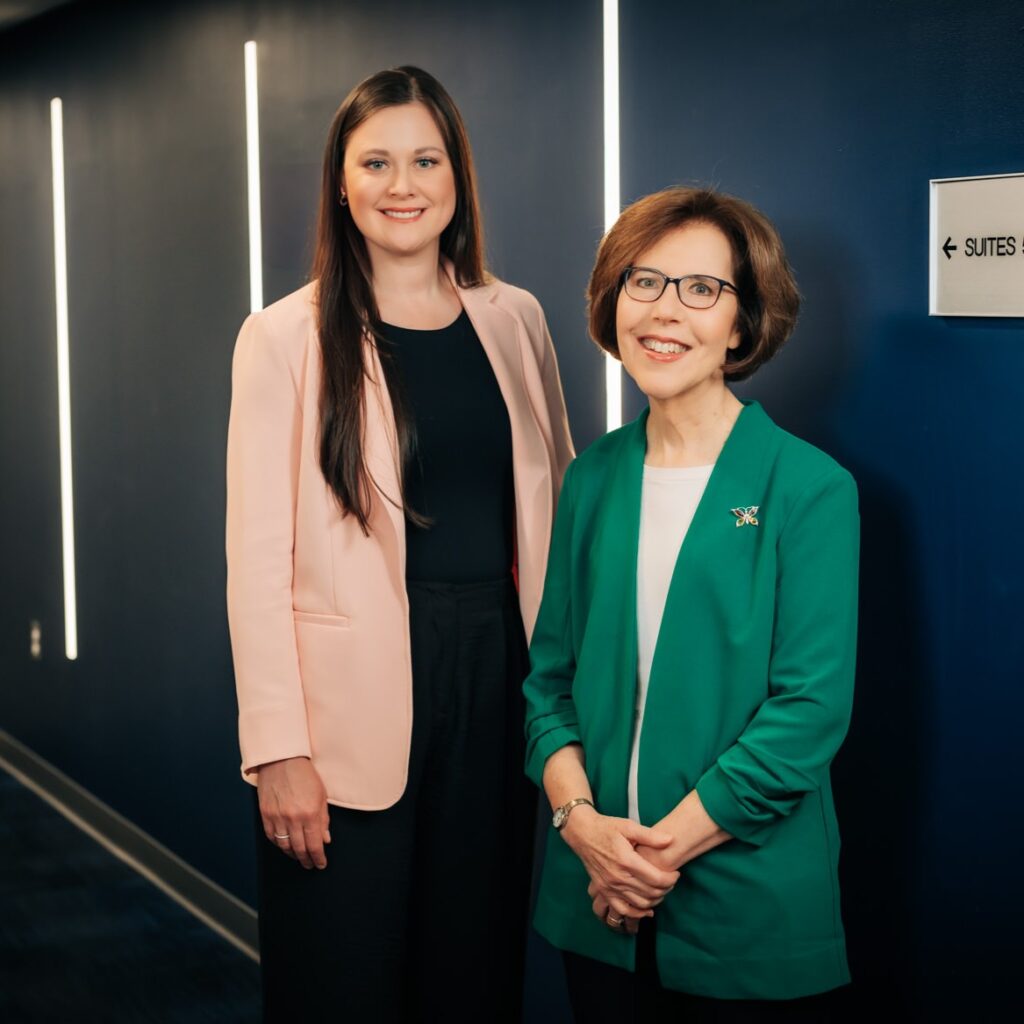Sofia M. Chernoff, PsyD, Beck Institute CBT Program Director
In the five years since we launched our CBT Certification Program, we have been overwhelmed by the positive response from trainees around the world. As of June 2025 we have over 1,500 clinicians who have either completed or are currently enrolled in the program. We are exceedingly proud of this program and all of our Beck Institute CBT Certified Clinicians who have demonstrated excellence in CBT, improving outcomes for their clients and raising the bar for the entire field.

At the same time, it has pained us to turn away trainees who wanted to enter the program but did not meet the eligibility requirements, including a terminal degree in the mental health field, independent licensure, and 2,000 supervised clinical hours. This year, we decided to do something about it.
We are excited to introduce a Certificate in Theoretical Foundations of CBT as a milestone in our Beck Institute CBT Certification journey. As of June 24, 2025 we will no longer require trainees to meet eligibility criteria in order to enter our certification program and begin their coursework. This means trainees from a wide range of backgrounds and experience levels can now benefit from the program, receiving discounts on courses and invitations to exclusive events for currently enrolled trainees.
Learning to practice CBT with excellence is not a simple process. Clinicians and other professionals must first understand the theoretical underpinnings—and then practice with expert supervision to enable them to apply this knowledge to their work with clients. These exciting changes to our certification path will enable clinicians, helping professionals—and those who aspire to these roles—to learn the theory of CBT wherever they are in their careers, setting them on the path to excellence earlier on.
We are now proud to welcome trainees to the program from backgrounds including:
- Graduate and undergraduate students
- Therapists currently practicing under someone else’s license
- Case workers
- Peer support specialists
- Life coaches
- Physicians
- Paraprofessionals
- Researchers
- Those working in academic or nonprofit settings
- And other roles!
Once trainees have completed the coursework portion of the certification process, they will be given the opportunity to complete a proctored exam to assess the theoretical and conceptual CBT knowledge they have gained thus far. Those who pass the CBT knowledge exam will earn a Certificate in Theoretical Foundations of CBT from Beck Institute, acknowledging their proficiency in CBT theory and concepts. Trainees who receive this certificate have demonstrated that they know the “what” of CBT and are now ready to learn the “how.”
Some trainees who complete their coursework and pass their knowledge exam will never do therapy and will never wish to pursue the path to becoming a Certified Clinician. For those trainees, the Certificate in Theoretical Foundations marks the conclusion of their formal path through our certification program. For others, the Certificate in Theoretical Foundations is a required milestone en route to becoming a Beck Institute CBT Certified Clinician.
Those who pass their knowledge exam and choose to continue in the program with the goal of becoming a Certified Clinician will be required to meet all eligibility requirements before completing the clinical portion of their training. Prior to advancing in the program, clinicians will need to demonstrate that they have a terminal degree in a mental health field, 2,000 supervised clinical hours, requisite graduate coursework, and documentation of professional licensing and liability insurance (if required in their locale).
The second phase of the program builds on the theoretical knowledge clinicians have gained in their coursework and teaches them the “how” of practicing CBT. This phase includes the on-demand course CBT in Practice: Essentials II, supervision (either individually or in groups), and submission of a work sample for review by the BI credentialling committee. Completing CBT in Practice: Essentials II, a term of supervision, and submitting a passing work sample is still required to become a BICBT-CC, demonstrating the provider’s clinical skills in applying CBT with fidelity to the evidence-based model.
No matter what your background or professional goals, I encourage you to learn more about Beck Institute’s CBT Certification Program and determine whether it’s right for you. We hope you’ll join our global community of learners by enrolling today!